1 3 5 7 9 10 8 6 4 2
First published in 2022 by September Publishing
Copyright Rebecca Lowe 2022
The right of Rebecca Lowe to be identified as the author of this work has been asserted by her in accordance with the Copyright Designs and Patents Act 1988.
Map copyright Helen Cann 2022
All rights reserved. No part of this publication may be reproduced, stored in a retrieval system, or transmitted in any form or by any means, electronic, mechanical, photocopying, recording or otherwise, without the prior permission of the copyright holder
Typeset by RefineCatch Limited, www.refinecatch.com
Printed in Poland on paper from responsibly managed, sustainable sources by Hussar Books
ISBN 9781914613029
EPUB ISBN 9781914613036
September Publishing
www.septemberpublishing.org
Contents
To Dad, whose generosity of spirit was an inspiration in life and beyond and who might actually have read this book if only I had completed it on time.
And to my baby daughter Frankie, whose birth finally made me realise what I put my poor parents through. Sorry Mum (and Dad, if youre listening).
Prologue
For it is not death or hardship that is a fearful thing, but the fear of death and hardship.
Dervla Murphy , Full Tilt (1965)
I can see the road clearly, threading its way between the mountains and the sea. I trace my finger along it. At times it is distinct and solitary, at others it disappears into the darker line of the motorway or the crease of a coastal ravine. I look up, expectant.
See, I say. Here.
The man seems unimpressed. He rubs a hand down his chin and I hear the quiet rasp of stubble against flesh. For the first time, I notice the smudge of grey beneath his eyes. He looks older than his twenty-seven years.
Theres no road, he repeats. He doesnt acknowledge the map. The map is irrelevant because he knows this country well.
But look, I tap my finger. It seems to go all the way, no?
Finally, he glances down. I notice he has tufts of grey at his temples too. The poor man, I think. He is not a fixer by trade but an electrical engineer. I recruited him to help me because he was known about town. Samer, the man who connects people; the guy who gets things done. But so far our relationship hasnt gone well. First, he kept me waiting for three hours due to a minor gas explosion at home. Then there was the flyover incident with the forklift truck that nearly killed us both, and which went some way towards explaining the grey smudges and tufts.
And now this. You might have thought, considering Samers somewhat relaxed approach to traffic signals, that a quiet coastal track would appeal to him. But he seems determined to put me off this route.
There is a road, he concedes. After all, theres no real denying it. But its bad. He stabs at the pale, shaky line, crushing four villages beneath one plump digit. Theres sand. And cracks. Bad for cars. Bad for bikes. His eyes flick to the bulky three-gear contraption leaning against the wall, its royal blue frame tarnished russet at the joints. On the handlebars, a dayglo zip-bag declares BEIRUT BY BIKE beside a logo of a rather athletic cyclist in a jaunty bandanna doing a wheelie. Having been cycling around the city for several days now, I admit its not an image that I recognise. Bad for that bike.
I put down the map, resigned. The truth is, Ive already made up my mind to cycle up to the border in the north. It is December 2014 and Ive come to Lebanon to report on the worst refugee crisis the region has ever known, as millions of displaced Syrians flee the devastating war at home. For the past week, Ive been in Beirut interviewing politicians, activists and aid workers to try to gauge the impact of the conflict on Syrias smallest and most vulnerable neighbour. But my report feels dry and lacklustre. To understand the issue fully, Im aware I need to access the tented camps beyond Tripoli on the coast. I need to speak to the people living and surviving on the front line.
How to get there poses a challenge, however. Taxis are expensive, while buses have a frustrating tendency to dawdle for hours or neglect to turn up at all. In a sudden eureka moment, it occurs to me that a bike may be the solution. To Tripoli, it is under ninety kilometres door-to-door, so doable (just) in a day. And the road looks ideal, hugging the shoreline and unspooling like Ariadnes magic thread all the way to the north. From Beirut, it seems to me that I should be able to travel the entire route without once having to navigate the madmans gauntlet of the motorway.
Plus, I admit the idea excites me. I have cycled in a few interesting places before India, Mexico, the Balkans but never the Middle East. For this reason, the thought also scares me, and Ive spent the past few hours trying to find someone to accompany me on the ride. So far, however, I have failed.
You shouldnt go to Tripoli anyway, Samer says. Jihadists are still fighting. You could be shot. Or He hesitates.
Or ?
Worse.
Worse?
Yes, worse. He seems irritated now, as if talking to a child. Kidnapped, tortured. Worse.
I look at him, unsure how to respond. A lengthy silence passes as he finishes one cigarette and lights up another. The Cedars packet is a similar colour to my bike, and probably equally as life-threatening. So you dont want to come, then? I ask finally.
He blows out a long, slow trail of smoke, then stands up and reaches for his leather jacket. It is heavily worn at the elbows and smells wholesome and musty, like damp wood. No, Rebecca, he says, and I know from his tone that our conversation is at an end. Im afraid youre on your own for this one.
After Samer leaves, I think long and hard about what he has said. He is not the first person to caution against cycling the coastal path or travelling to the northern governorates alone. And the bicycle has admittedly seen better days. Even the men at the rental shop laughed when I suggested taking it outside Beirut, presuming that I was joking.
But my instincts suggest it will be okay. Friends in Tripoli have reported that, despite pockets of unrest, the city streets are safe. And if the road proves unrideable, I can always just try another tack. So, after lengthy consideration, I decide to ignore Samer and Mohammed, and Midhat, and Halifa, and all the other locals who seem to see cycling through their country as a mark of mental illness and take the plunge.
Escaping Beirut isnt easy. Extricating myself from the citys noodle-like tangle of ring-roads and overpasses feels like fighting off an attack by a many-tendrilled cephalopod. But once Ive finally wrested free, my entry onto the coastal path is all the sweeter. From that moment on, it is a thrilling, beautiful ride. The road, doubted by so many, is indeed sandy and uneven, but also quiet and pleasant and almost perfectly designed for a bike. Following an early puncture repaired for free by a passer-by, who charitably risks his young sons life by sending him on his BMX down the eight-lane motorway for a repair kit the trip is smooth and straightforward. For several hours, I dip up and down the cliff edge, through whitewashed villages that blaze with reflected light, brushed by a crisp winter breeze seasoned with jasmine and spice. Wisps of music drift from hidden fishermens coves and I recognise Fairuz, the Jewel of Lebanon, and Mohamed Mounir, the Arabic Bob Marley.


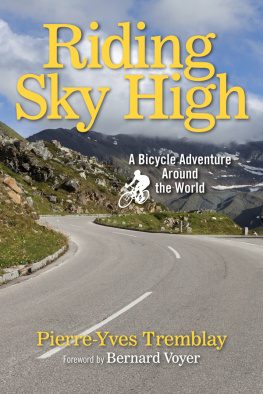
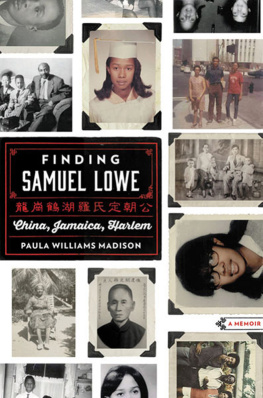

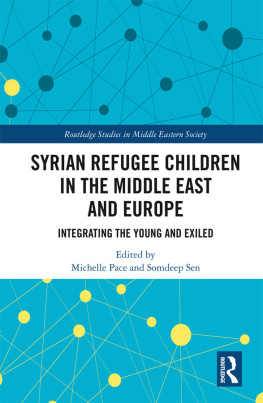
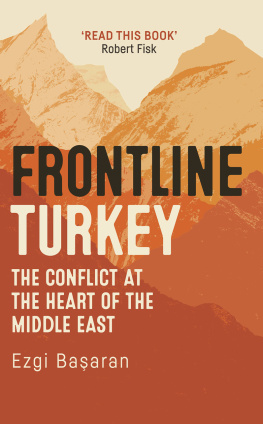
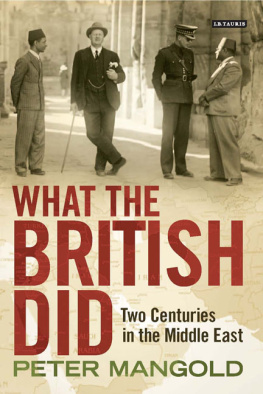
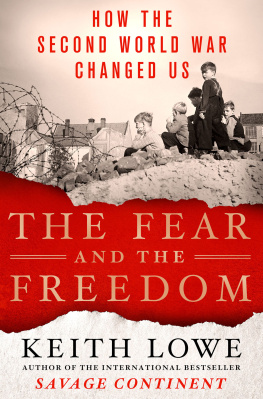

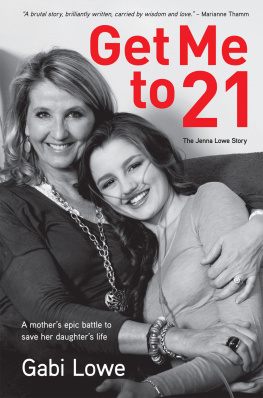
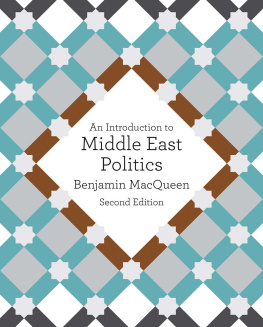

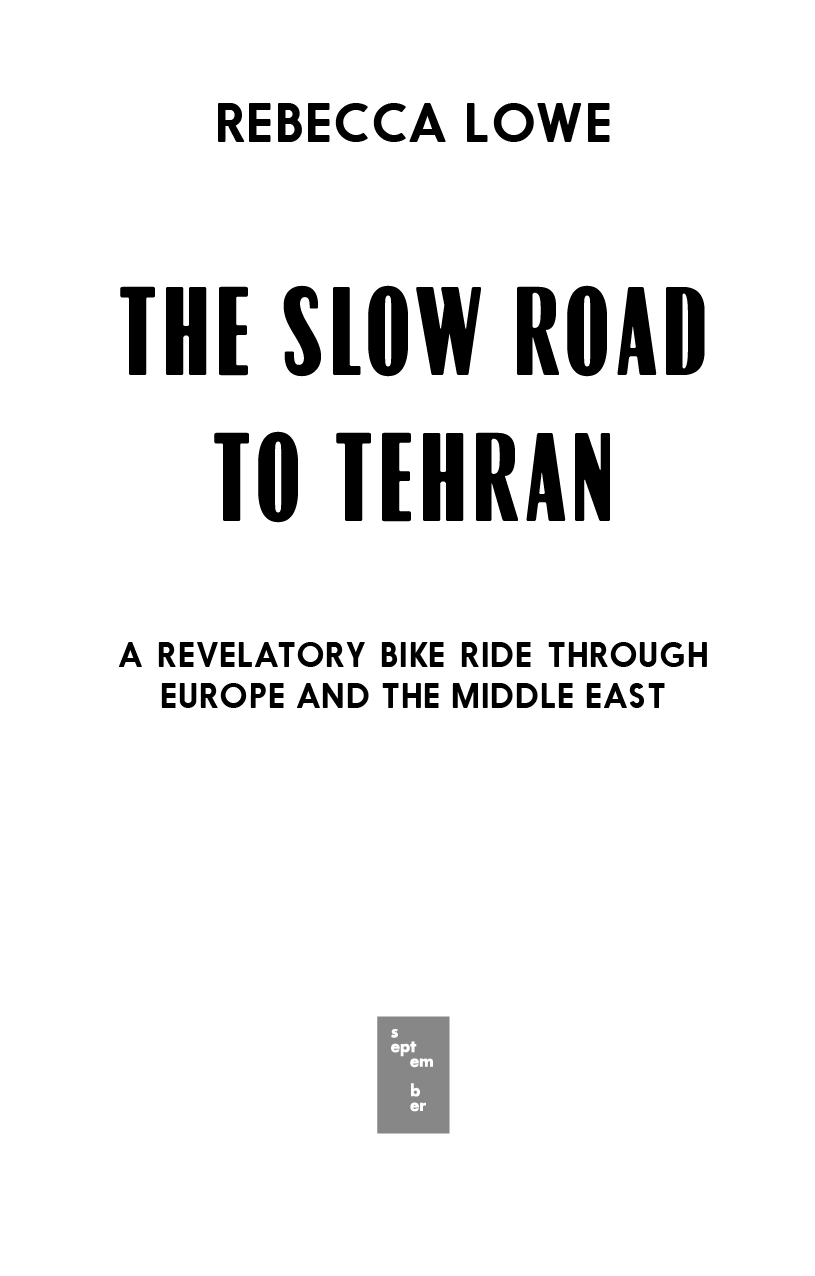
.png)